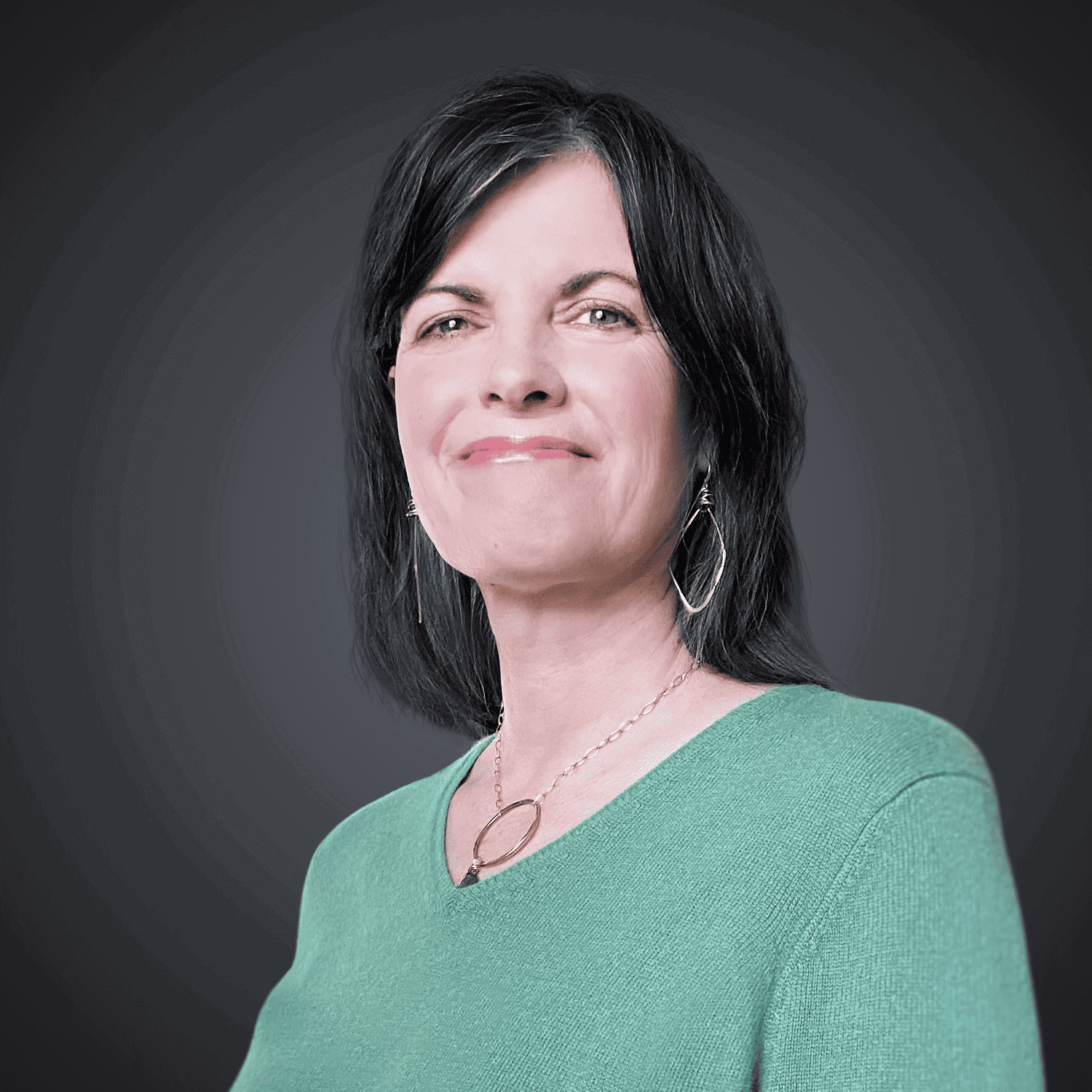 | | | | About the Author Michelle Miller is a Product Development Specialist at Great Kids. Prior to joining the Product Development team, Michelle worked for three years as a Great Kids trainer. Before that, she worked as a trainer, supervisor, and home visitor with a Healthy Families program in Middle Tennessee. Outside of work, she enjoys spending time with her three adult children and doing anything outdoors, especially kayaking. |
“We cannot direct the wind, but we can adjust the sails” – Dolly Parton
I love this Dolly Parton quote because, over the years, I’ve most definitely learned that while I can’t control the weather, I can do my best to make choices about how to adjust my sails.
I’ve learned that in order to not just survive but thrive, I have to stay in a continuous state of learning. A state where I am present to observe and listen to what is needed. And when necessary, partner with others to figure out the best ways to adapt and adjust.
At Great Kids®, you will often hear us say that the Growing Great Kids® Curriculum is not a cookie-cutter curriculum. This means the curriculum is designed to be dynamic and flexible, empowering you to individualize and adapt curriculum materials to support optimal development based on a child’s or family’s unique needs.
A unique need can be defined as a one-of-a-kind need that is specific to a person or family.1,2
Unique needs can refer to a child’s strengths, interests, stage of development, medical or health conditions, advances or delays in age-specific milestones, suspected disorders, or diagnosed disabilities.
Unique needs may also include a family’s strengths, interests, and challenges, such as literacy levels, mental health diagnoses, trauma, homelessness, family crises, etc.
At Great Kids, we provide products in addition to GGK® that meet various unique needs. For example, our Growing Great Families® Next Generation curriculum helps families discover their own strengths and values to foster healthy growth and development in their children. Our new Hope at Home curriculum includes tailored conversation guides to be used with families or parents in recovery.
At one time or another, professionals will likely need to individualize services for almost ALL families. Although there are many ways that you can individualize curriculum content using our products, some common ways to do so may include:
- slowing down in specific modules and conversations – choosing quality over quantity based on the family’s needs,
- allowing space for parents to practice the steps of a single Daily Do over multiple visits, and
- partnering with parents to select activities from development-based manuals based on their child’s stage of development rather than their chronological age.
While individualizing services may sometimes happen “in the moment,” most individualizing will take intentional planning. This is because individualizing does not mean changing information but rather partnering with parents to adapt content like activities or Key Ingredients.
Although the Great Kids® materials are designed to be individualized to the needs of each family, gaining the skills to do this effectively can take knowledge, practice, feedback, and time.
And, no matter where you are on the spectrum of experience, you may benefit from extending your learning through the curriculum materials and trainings Great Kids® has created to support you with these vital skills:
- ENGAGE: Effective Communication Training to learn more about responsive partnerships and effective engagement.
- RISE: Recovery-Impact-Support-Empower to gain an enhanced understanding of Substance Use Disorder and explore how to use that information to enhance, adapt, and integrate your home visiting skills.
- The Science of Attachment course to better understand the deep emotional bond between an infant and their primary caregiver.
- A Strengths-Based Approach course to learn how to use the strengths of others to help them overcome challenges and reach their goals.
- Growing Great Kids® Next Generation Tier II Training, and
- The Growing Great Kids® Next Generation Fidelity Guides, specifically
- Core Competency 4: Cultivating the Growth of Secure Attachment Relationships,
- Core Competency 5: Optimizing Family Growth and Development and The Individualization Planning Process, and
- Core Competency 7: Encourage Integrated Family Wellness.
One last thing. At Great Kids, relationships are at the core of everything we do. When supporting optimal development for children and families, the most important thing you can do is create safe, trusting, respectful, and relationship-based partnerships.
When you listen to families and center parents as the experts on their child and family, parents can apply information in ways that best fit their unique strengths, needs, and circumstances.3
References:
- Abercrombie, J., Wiggins, L., & Green, K. (2022). CDC’s “Learn the Signs. Act Early.”: Developmental milestone resources to improve early identification of children with developmental delays, disorders, and disabilities. ZERO TO THREE Journal, 43(1), 5–12.
- Merriam-Webster. (n.d.). Unique. In Merriam- Websterdictionary.com. https://www. merriam-webster.com/dictionary/unique
- Roggman, L., Boyce, L., & Innocenti, M. S. (2008, August 8). Developmental Parenting: A guide for early childhood practitioners. Brookes Publishing.


